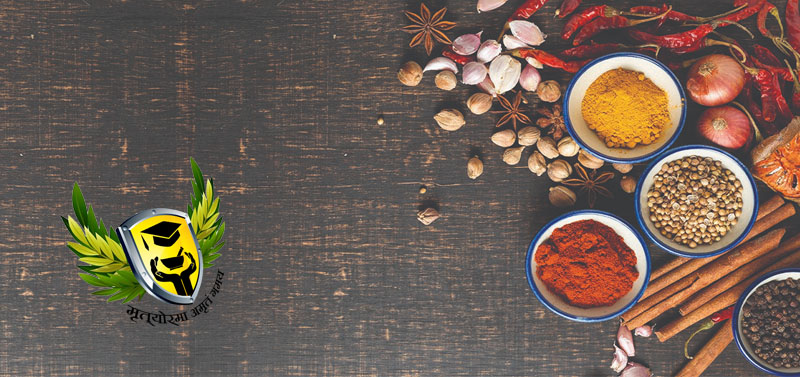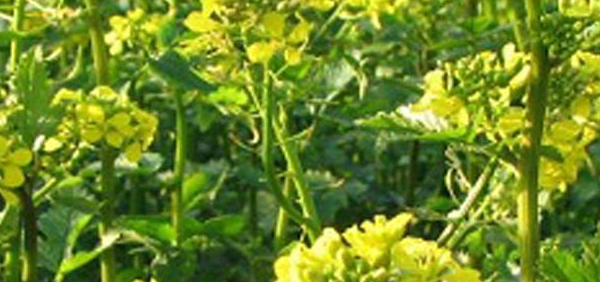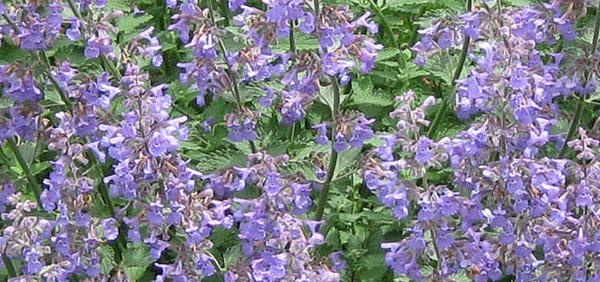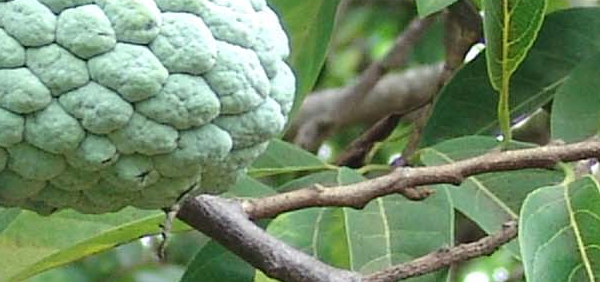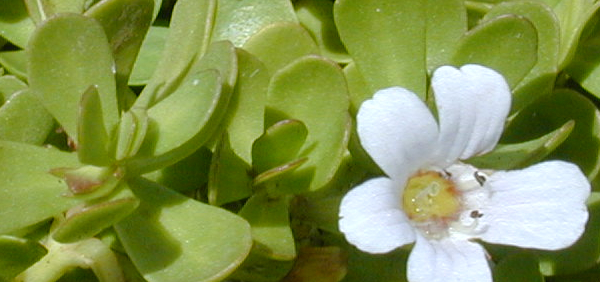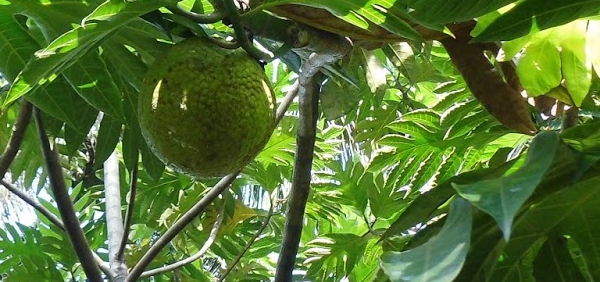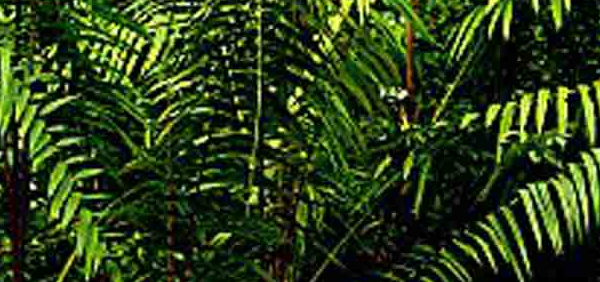mendhi :

Precautions:
Children: Henna is considered UNSAFE for use in children, especially in infants. There have been cases of serious side effects when henna was applied to the skin of infants.
Infants with a condition called glucose 6-phosphate dehydrogenase (G6PD) deficiency are at especially high risk. Putting henna on the skin of these infants can cause their red blood cells to burst.
Pregnancy or breast-feeding: It’s UNSAFE to take henna by mouth if you are pregnant. There is some evidence that it might cause a miscarriage. It’s also UNSAFE to take henna if you are breast-feeding.
Toxicity studies:
Henna seems to be safe for most adults when used on the skin or hair. It can cause some side effects such as inflammation of the skin (dermatitis) including redness, itching, burning, swelling, scaling, broken skin, blisters, and scarring of the skin. Rarely, allergic reactions can occur such as hives, runny nose, wheezing, and asthma.
Henna is considered to be UNSAFE when taken by mouth. Accidentally swallowing henna requires prompt medical attention. It can cause stomach upset and other side effects.
Henna allergy: If you are allergic to henna, avoid contact.
- » Classification and names of mendhi
- » Synonyms and definitions of mendhi
- » Drug Properties of mendhi
- » Chemical Constituents of mendhi
- » Standardization of mendhi
- » Parts used and Dosage of mendhi
- » Morphology and Histology of mendhi
- » Distribution and Conservation of mendhi
- » Cultivation of mendhi
- » mendhi in the market
- » Medicinal Uses of mendhi
- » Researches and clinical trails of mendhi
- » mendhi in other sytems of medicine
- » Ayurvedic formulations with mendhi
- » Images of mendhi


